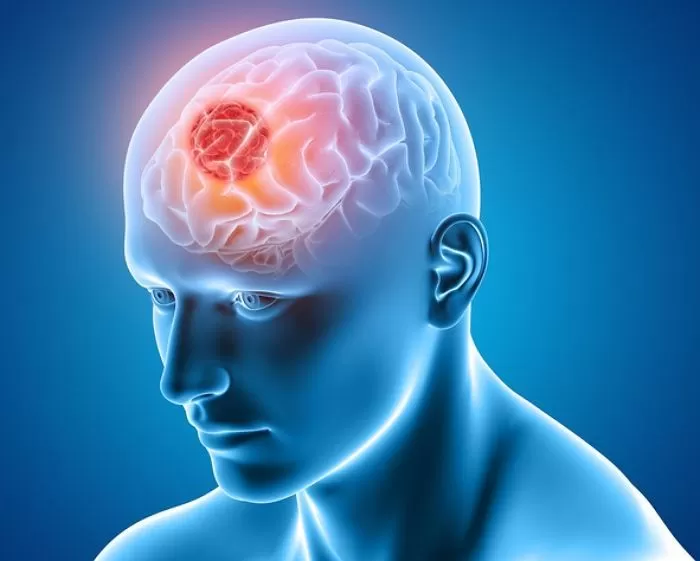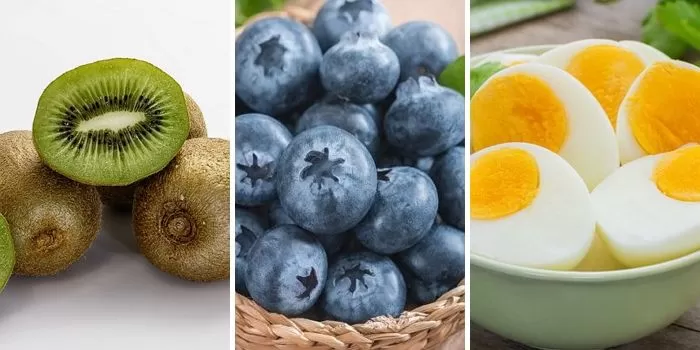Vitamin K Deficiency Linked to Memory Decline and Cognitive Function Impairment
Research has revealed that low levels of vitamin K may lead to memory decline and accelerated deterioration of cognitive function.
This is believed to be because vitamin K can affect neuron formation in the brain's hippocampus and neuroinflammation.

The hippocampus is a critical area of the brain responsible for memory formation and storage, and its functional decline is prominent in neurodegenerative diseases like Alzheimer's disease.
A research team from the Tufts University's Nutritional Research Center on Aging investigated the cognitive and learning abilities of rats maintained on a vitamin K-deficient diet compared to a normal diet for six months.
As a result, male rats on the low vitamin K diet showed decreased survival rates and a lower rate of weight gain compared to females. In contrast, female rats did not show these effects despite being on the same diet.
The research team also discovered that rats on the vitamin K-deficient diet had lower levels of menaquinone-4 (MK4) in their brains. MK4 is the primary form of vitamin K in the brain, and lower levels were also noted in the liver and kidneys.

These rats exhibited reduced neurogenesis in the hippocampus, suggesting that vitamin K may influence cognitive functions such as learning and memory.
Rats that consumed a vitamin K-deficient diet showed activation of microglia in the hippocampus, potentially increasing neuroinflammation. This implies that vitamin K may partially protect neurogenesis in the hippocampus through its anti-inflammatory effects.
In a new object recognition test, rats on the vitamin K-deficient diet fell behind compared to the control group, indicating issues with recognition memory. The maze experiment took them three days longer than the control group.

The research team stated, "Vitamin K might be involved in the metabolism of sphingolipids, which are components of cell membranes. Sphingolipids influence proliferation, differentiation, and neuroinflammation, but further research is needed to confirm this."
Foods rich in vitamin K include kiwi, blueberries, eggs, beans, and vegetable oils.
This study was published in the journal 'Nutrition' under the title 'Low Vitamin K Intake Impairs Cognition, Neurogenesis, and Elevates Neuroinflammation in C57BL/6 Mice.'
Image sources: Supplementary materials for understanding of the article / gettyimagesbank, supplementary materials for understanding of the article / pixabay, gettyimagesbank


